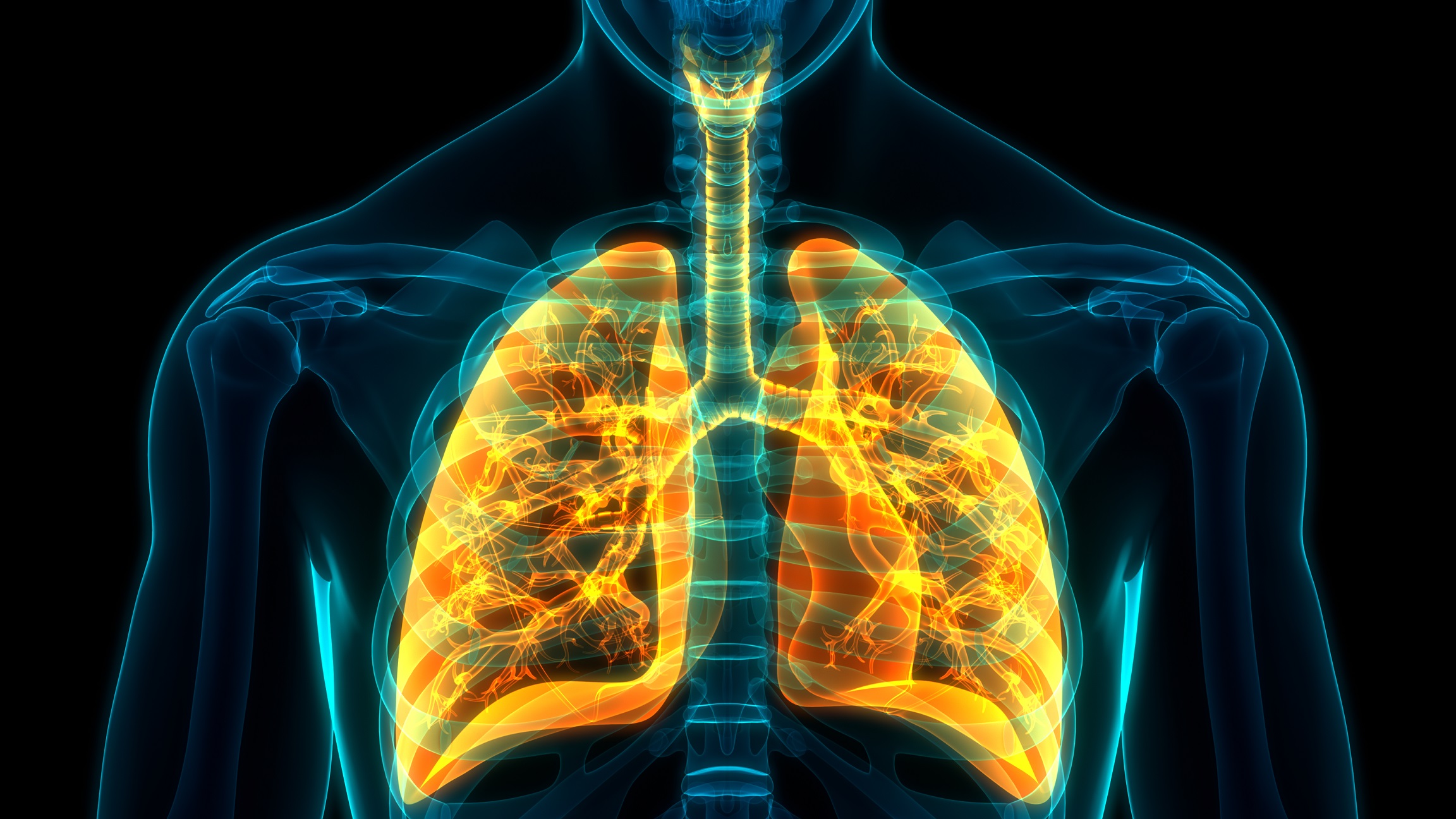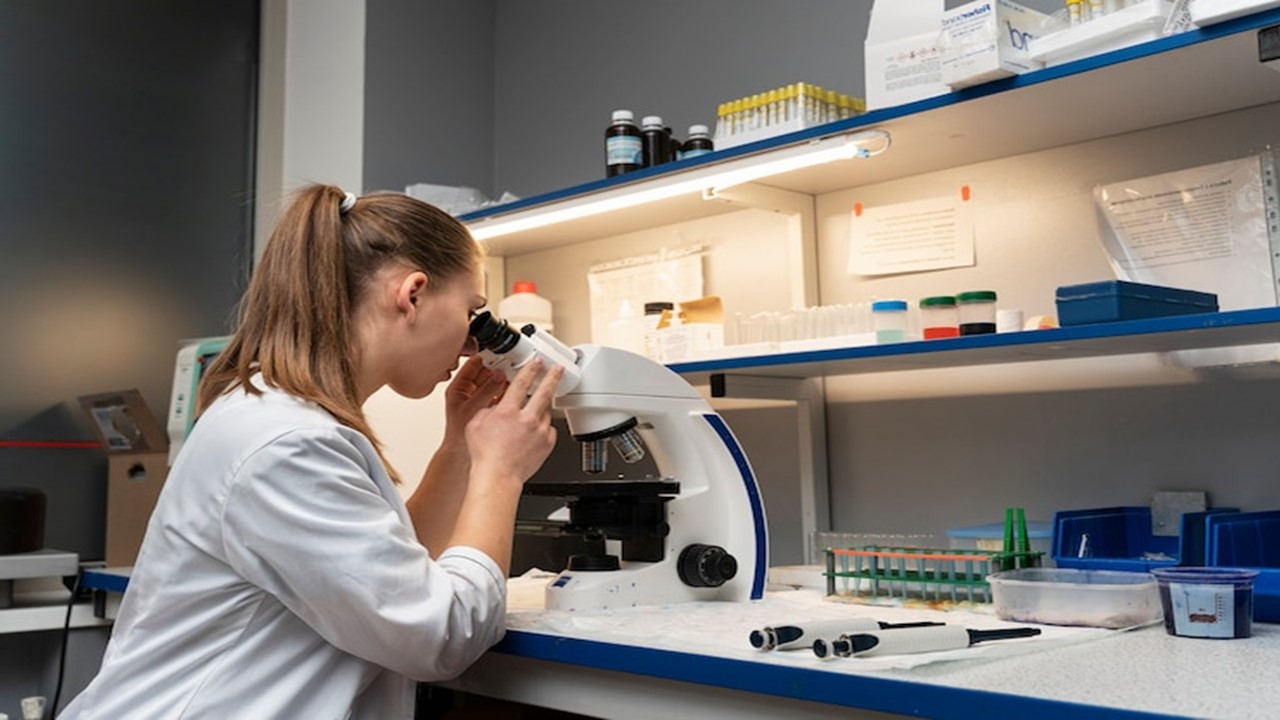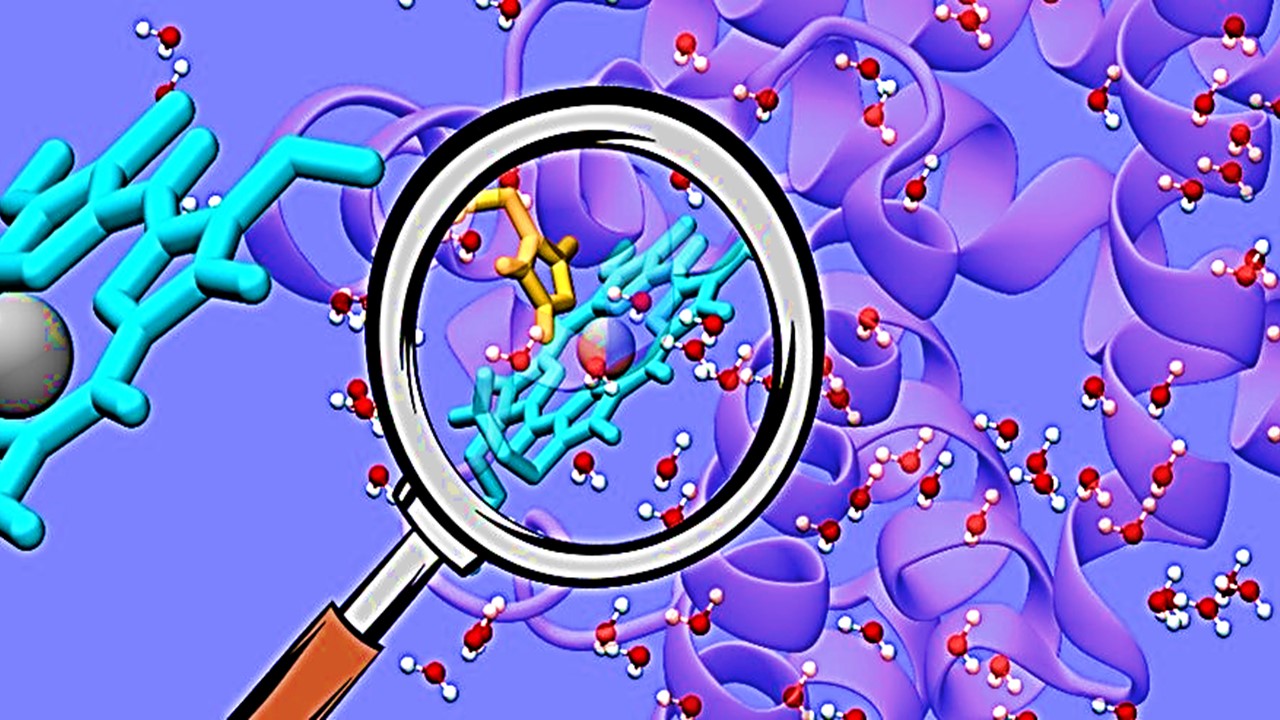The world of nutrition and food science is continuously evolving, and researchers are constantly exploring unconventional sources of nutrients. In a recent study published in Nature Food, a team of researchers shed light on the underexplored benefits of chitin and omega-3 fatty acids derived from edible insects. Co-authored by Tiffany Weir from Colorado State University and Valerie Stull from the University of Wisconsin, this groundbreaking research reveals the potential of insects as a valuable source of protein and nutrients while positively influencing the gut microbiota.
Exploring the Unconventional
Insects have long been a staple in traditional cuisines across many cultures. However, their nutritional value and impact on human health have only recently gained scientific attention. With an estimated 3,000 ethnic groups in 130 countries incorporating insects into their diets, these tiny creatures are emerging as an environmentally friendly alternative to conventional animal protein sources.
Chitin and Unique Nutritional Benefits
Insects not only provide bioavailable animal protein, rich in essential amino acids, but they also offer distinct nutritional advantages. Chitin, a fiber component found exclusively in insects, possesses prebiotic properties that contribute to a healthy gut microbiome and may help alleviate intestinal inflammation. Furthermore, insects boast higher omega-3 fatty acid content compared to many plant-based foods, further enhancing their potential health benefits.
Unraveling the Gut-Microbiome Connection
The researchers’ perspective piece highlights the significant role of insects in promoting gut health. Previous studies, including the authors’ own research, demonstrated that consuming cricket powder was associated with an increase in beneficial bacteria in the intestines. While these findings are promising, the authors emphasize the need for large-scale, well-controlled human studies to further elucidate the impact of insects and chitin on gut health in specific populations.
Potential Implications and Future Research
Insect consumption holds immense potential to address global challenges related to malnutrition and food security. The researchers propose that low-cost insect farming could provide vulnerable communities with a sustainable source of nutrition while minimizing the environmental impact associated with conventional livestock production. However, the authors stress the importance of further research, particularly human intervention studies, to comprehensively evaluate the benefits and potential risks of entomophagy.
Building a Sustainable Future
The advantages of insect consumption extend beyond human nutrition. Insects possess the unique ability to recycle low-value organic byproducts and convert them into high-quality food or animal feed. This characteristic makes insects a valuable tool in addressing food waste and creating a more sustainable food system.
Conclusion
The study published in Nature Food highlights the unexplored benefits of chitin and omega-3 fatty acids derived from edible insects. By leveraging insects as a source of protein and nutrients, researchers have uncovered their potential to promote a healthy gut microbiome and alleviate intestinal inflammation. While further research is required to fully understand the implications and limitations, incorporating insects into our diets may offer a sustainable solution to global malnutrition challenges while reducing the environmental burden associated with conventional livestock production.
As the world continues to seek innovative approaches to food security and sustainable nutrition, insects may emerge as a vital component in shaping a healthier future.
Study DOI: 10.1038/s43016-023-00728-7
Subscribe
to get our
LATEST NEWS
Related Posts

Sleep, Nutrition & Exercise
Breathing Easier with Omega-3: A Promising Link to Lung Health
The NIH-funded study highlighting the potential connection between omega-3 fatty acids and lung health marks a significant stride towards precision nutrition.

Sleep, Nutrition & Exercise
The Global Impact of Suboptimal Diet on Type 2 Diabetes
Uncovering the harsh reality – poor diet linked to over 70% of global Type 2 diabetes cases.
Read More Articles
Synthetic Chemistry’s Potential in Deciphering Antimicrobial Peptides
The saga of antimicrobial peptides unfolds as a testament to scientific ingenuity and therapeutic resilience.












